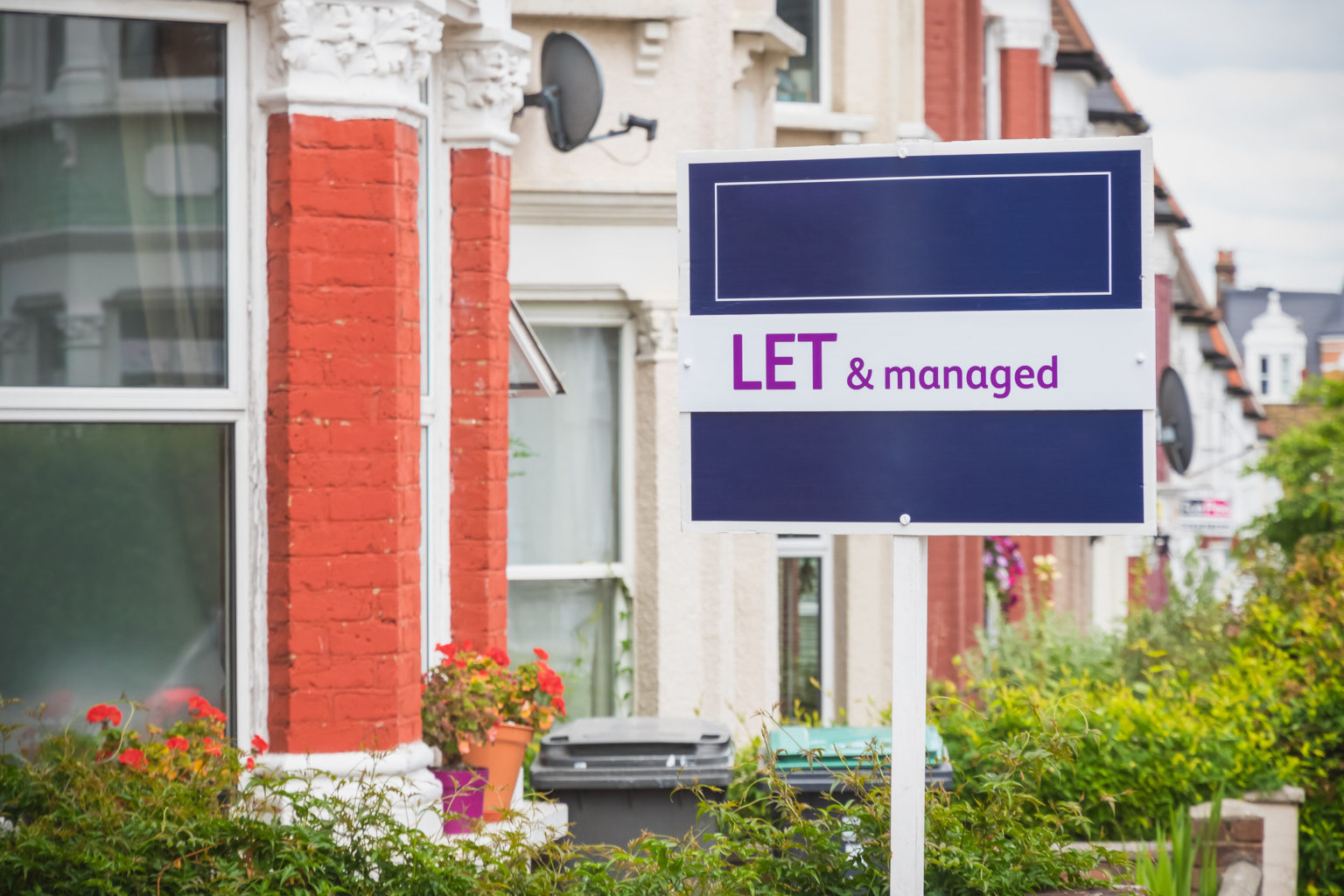For landlords, there are many benefits to having a low tenant turnover, and new research shows tenants are staying in their rental homes for longer.
There are numerous strategies property investors can employ to see the greatest success. This can range from targeting up-and-coming areas to achieve the highest capital growth, to focusing on the property itself and local amenities to ensure it is snapped up by tenants and achieves the best yield.
Getting tenants to stay put for longer than their minimum contract length is also a priority for many landlords. This saves time and effort spent listing the property, finding new tenants, carrying out checks and creating new tenancy agreements; and it also means fewer void periods, which can seriously impact returns.
It will therefore be welcome news that the latest research from Zero Deposit, which analyses figures from the government’s English Housing Survey, found that the length of time tenants spent in their privately rented properties had increased over the past 10 years; while conversely, homeowners are moving more frequently.
Tenants staying put for longer
The length of time the average tenant stays in their rental home is 12.1% higher than it was 10 years ago, according to the research. On average, tenants now live in their rental homes for 4.3 years, compared with 3.8 years a decade ago.
Over the last 10 years, the average tenancy length has hovered at 4.1 years, showing that the trend has generally moved upwards as tenants have chosen to remain in their existing homes for those few extra months.
The report demonstrates a shift in the sector towards a focus on providing more long-term accommodation, either before homeownership or instead of it. People are not only getting onto the housing ladder later in life, but are increasingly opting for renting as a more flexible way of life, viewing their property as more of a “home” than a temporary option.
This shift can be seen, too, in what is on offer across the buy-to-let space, as more of a focus is placed by developers on creating communities for tenants, offering additional amenities and a more high-end lifestyle than the market might have offered a decade ago.
From renting to homeownership
Interestingly, while today’s tenants are bedding into their properties for longer terms, homeowners are becoming more likely to up sticks within a shorter time frame. Zero Deposit found that mortgaged buyers now spend an average of 9.2 years in their homes, down by 13.9% from 10 years ago.
According to the research, this is the second lowest amount of time spent in owned homes over the past decade, with the only exception being the pandemic year when it fell to 8.7 years. Over the 10-year period analysed, the average length of time a homeowner remained in their property was 9.9 years.
Tenants are more reliant on rental sector
House prices have soared over the past 10 years, and in more recent times both the cost of living crisis and higher mortgage rates have made it more difficult for first-time buyers to get onto the housing ladder. This has led to more tenants staying in the rental sector for longer.
This has also coincided with rents rising in double-digit figures annually over recent years. For many tenants, this means that staying put in their existing property can be cheaper and more secure than moving in a market where, in many areas, the number of tenants seeking homes vastly outnumbers the number of properties available.
Sam Reynolds, CEO of Zero Deposit, said: “While the build-to-rent sector has looked to provide a solution to the requirement for longer-term tenancies, it’s PRS landlords who are vital to the sector and are still shouldering the majority of the weight when it comes to the provision of these properties.
“With the Renters Reform Bill also set to provide further security to tenants with respect to tenancy lengths and eviction powers, it’s likely that the time spent in the same rental property will continue to increase over the coming years.
“This highlights just how vitally important landlords are when it comes to the rental market echo system and why we must encourage investment into the sector, not deter it.”










